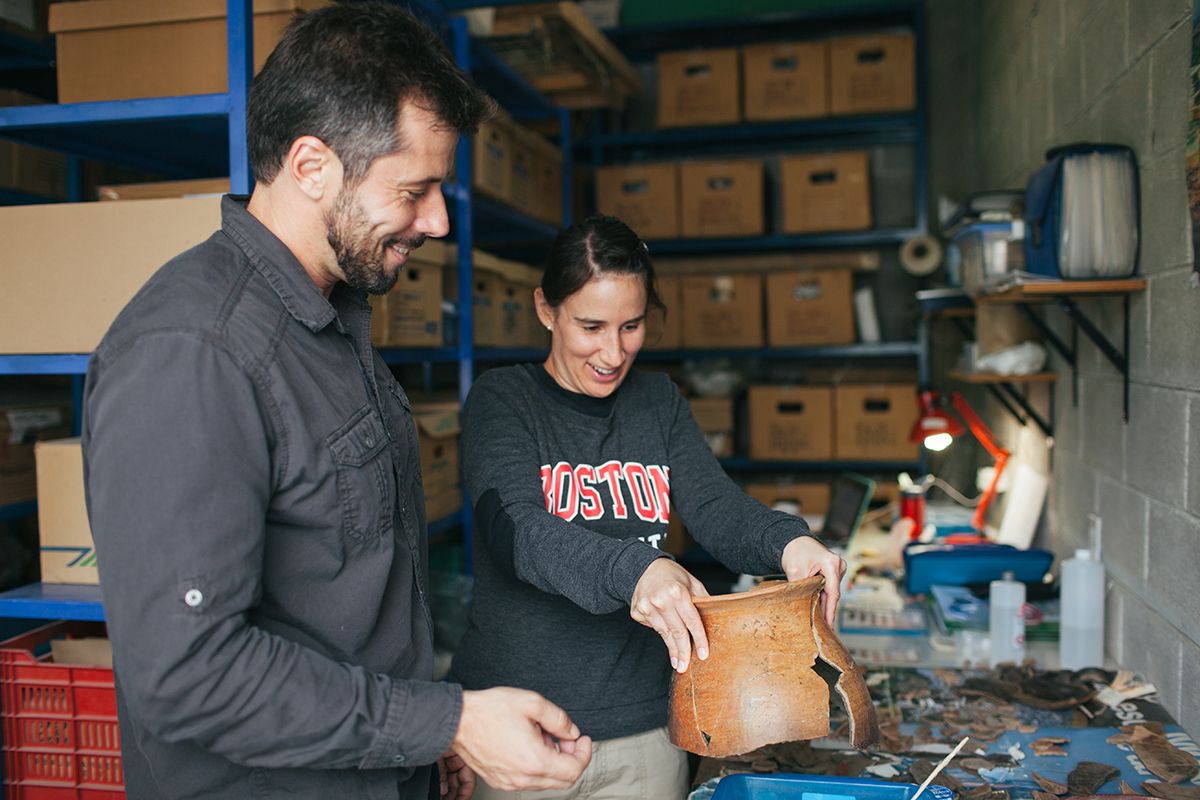
How AAU universities are working to change the culture of Ph.D. education by making diverse Ph.D. career pathways visible, valued, and viable.
We live in an increasingly globalized, technological, and knowledge-based society. As a result, America’s scientific workforce needs are evolving to include diverse employment opportunities in academia, science-based industries, government agencies, and non-profits. Advancements in these fields are increasingly dependent upon individuals who have more than just research training in a scientific discipline, but other important skills in areas such as oral and written communication, teaching, interdisciplinary and multidisciplinary collaboration and problem solving. For our nation’s continued economic and technological competitiveness, universities must more effectively prepare doctoral students to be successful in careers both within and beyond the academy.
Recognizing this, AAU Chief Academic Officers during their 2017 annual meeting called for greater data transparency in doctoral education. Their statement asked all Ph.D. granting universities and their respective Ph.D. granting colleges, schools, and departments, to commit to providing current and prospective students with easily accessible information, including data on student demographics, time to degree, financial support, and diverse career paths. Their call to action reinforced the importance of developing the infrastructure and institutional policies required to uniformly capture and make public such data.
To first understand how our universities are making these data available, AAU last year asked Graduate Deans to provide information about their universities’ current data collection and transparency efforts. In total, 31 institutions responded to the survey, including 22 public institutions and nine private institutions. We learned that more than half (55%) of AAU universities surveyed already publicly display Ph.D. data and many others (39%) are in the process of making this information publicly available. That’s good, but we can do much better.
With support from the National Science Foundation and the Andrew Mellon Foundation, AAU last week hosted a workshop on Ph.D. program and career outcomes. We brought together over 35 faculty members, administrative leaders, career coaches, and disciplinary society representatives to identify areas for collaboration, potential synergies, and greater alignment between and among national projects committed to documenting doctoral career outcomes. This workshop capitalized on the recently-released National Academies of Sciences, Engineering, and Medicine study report, Graduate STEM Education for the 21st Century , which identifies key policies, programs and culture that could better meet the needs of graduate students. As President of AAU and as a member of the study committee that developed the report, I have the unique opportunity to help bridge the report’s policy recommendations to real changes in institutional practice.
That is why AAU is launching a Ph.D. Education Initiative to promote more student-centered doctoral education at AAU universities by making diverse Ph.D. career pathways visible, valued, and viable. As part of this effort, the goals are to:
- Influence the culture and behavior at the department level to provide Ph.D. students with the knowledge, skills, and abilities to be successful in careers both within and beyond academia;
- Identify institutional policies and practices to make Ph.D. program data —including data about the career pathways and employment trends of their Ph.D. alumni—widely available; and
- Highlight and encourage effective university, disciplinary society, and federal agency strategies and programs.
Support from the Alfred P. Sloan Foundation and the Andrew Mellon Foundation has enabled AAU to bring together a group of national leaders and scholars in graduate education to serve on an Advisory Board to help guide the Initiative.
While I acknowledge that data alone do not spur action, I am convinced that reliable, accurate, and readily available data are necessary for making career diversity visible. We have much work to do and many miles to go, but I am convinced that there is a real potential to leverage each other’s strengths to positively influence the culture around Ph.D. education and career pathways.